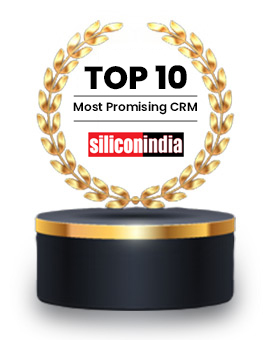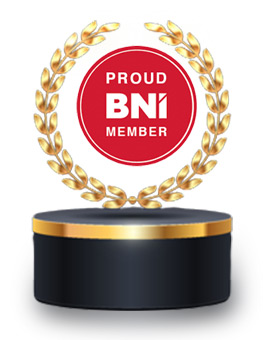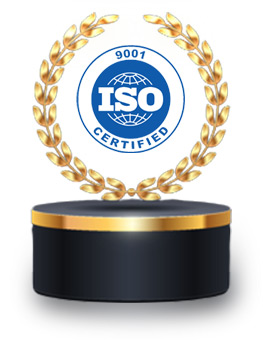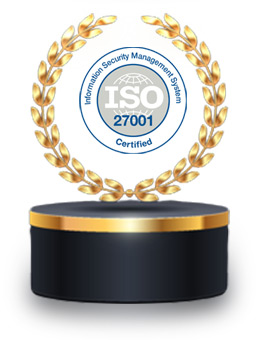CRM software solutions enable small businesses to gain a comprehensive understanding of their customers by consolidating and analyzing available data. By centralizing information such as purchase history, preferences, and interactions, small businesses could create detailed customer profiles. This information empowers businesses to tailor their marketing campaigns, offers, and customer service to meet individual needs, thereby enhancing customer satisfaction and loyalty. By leveraging CRM software, small businesses can foster personalized and meaningful engagements, resulting in increased customer retention and repeat business.
Establish specific, measurable targets for the sales team. This clarity helps prioritize tasks and motivates the team to work towards common objectives.
Use CRM systems, email automation, and sales tracking tools to automate repetitive tasks like data entry, follow-ups, and reporting. This frees up time for sales reps to focus on selling.
Conduct ongoing training sessions to improve the team’s skills in sales techniques, product knowledge, and communication. Keep the team updated with the latest industry trends.
CRM software equips small businesses with the tools to deliver exceptional customer service and support. With a centralized database of customer information, support teams could quickly access relevant details to resolve customer inquiries effectively. This enables businesses to track customer issues, assign tasks, and monitor response times, ensuring timely and efficient resolution.
Allow customers to reach you through various channels, such as phone, email, live chat, social media, and self-service portals, ensuring a seamless experience.
Conduct ongoing training to improve the team’s product knowledge, communication skills, and problem-solving abilities, ensuring they can handle various customer inquiries effectively.
Use customer data to personalize interactions by addressing customers by name and understanding their preferences and history, creating a more tailored experience.

Stay informed about industry trends, technological advancements, and changes in customer behavior to uncover new opportunities that align with market demand.
Identify untapped customer segments or geographic areas where your products or services could meet a growing need, potentially expanding your customer base.
Gather insights from customer feedback and reviews to understand unmet needs or pain points, which can guide new product development or service enhancements.
Consider diversifying your offerings by introducing complementary products, services, or variations of existing ones to attract different customer segments.

As small businesses expand their operations, cloud-based CRM software accommodates their evolving needs. Cloud platform offers scalability, allowing businesses to add users, customize workflows, and integrate with other business systems. This flexibility ensures that the CRM application grows alongside the business, supporting increased sales volumes, larger customer databases, and expanding teams.
Use cloud-based software, automation tools, and robust IT infrastructure that can handle increased workloads without significant additional costs.
Create standardized procedures for key operations to ensure consistency and efficiency as the business grows, making it easier to scale.
Outsource non-core activities or partner with other companies to manage specific functions, such as logistics, IT support, or customer service.
CRM software could help you track leads, close deals, and provide better customer service. By harnessing its powerful tools, you could enhance your customer understanding and help you grow your business.
Determine the specific requirements of your business, such as contact management, sales automation, customer support, or marketing capabilities, to choose a CRM that fits.
Select a CRM with an intuitive user interface and simple navigation that requires minimal training, ensuring quick adoption by your team.
Choose a CRM that allows you to customize fields, dashboards, and workflows to match your business processes and unique needs.
Choosing the right CRM software can significantly impact the
growth and efficiency of your small business. By carefully assessing your
business needs, focusing on ease of use, and considering factors like
scalability, integration capabilities, and pricing, you can find a CRM that
not only meets your current requirements but also adapts as your business
expands.
Testing with a free trial, prioritizing customer support, and ensuring robust security features are also crucial steps in making an informed decision. With the right CRM in place, your small business can streamline operations, enhance customer relationships, and achieve sustainable growth.
Here’s why we stand out from the
crowd and our due recognition for the
innovation and excellence we pioneer in the industry.









Take your business to the next level. Trusted by 5000+ business globally.